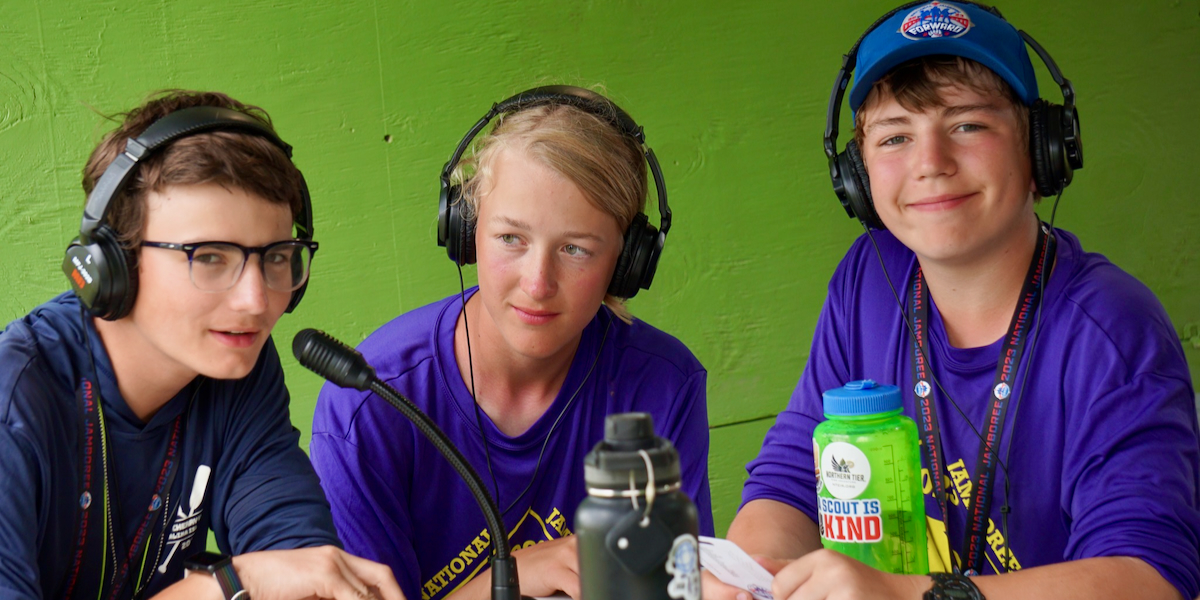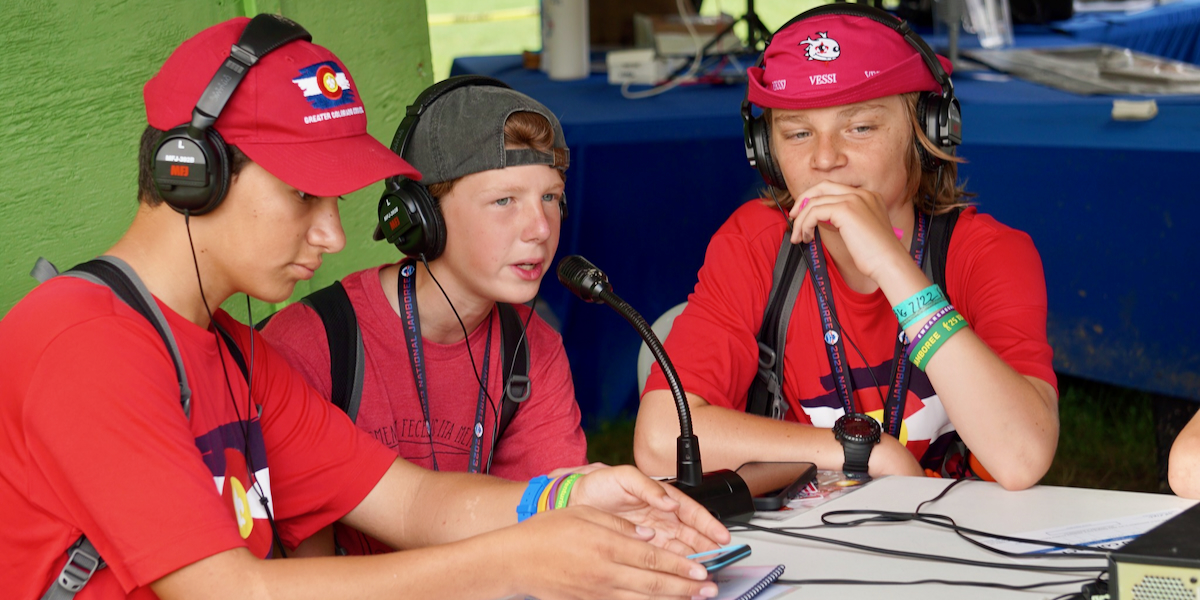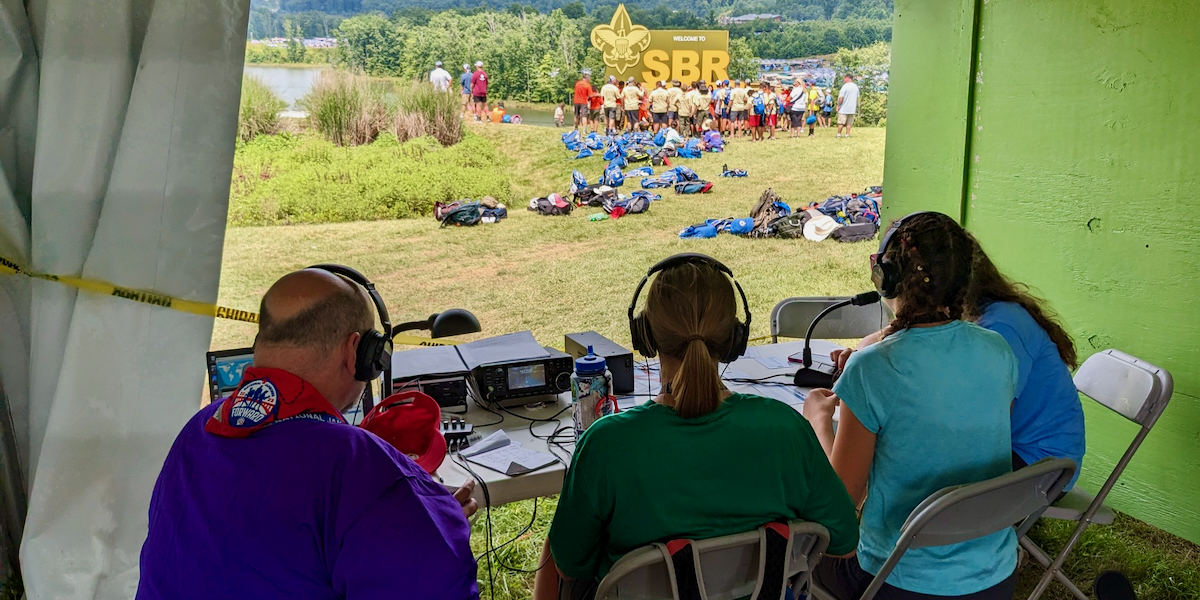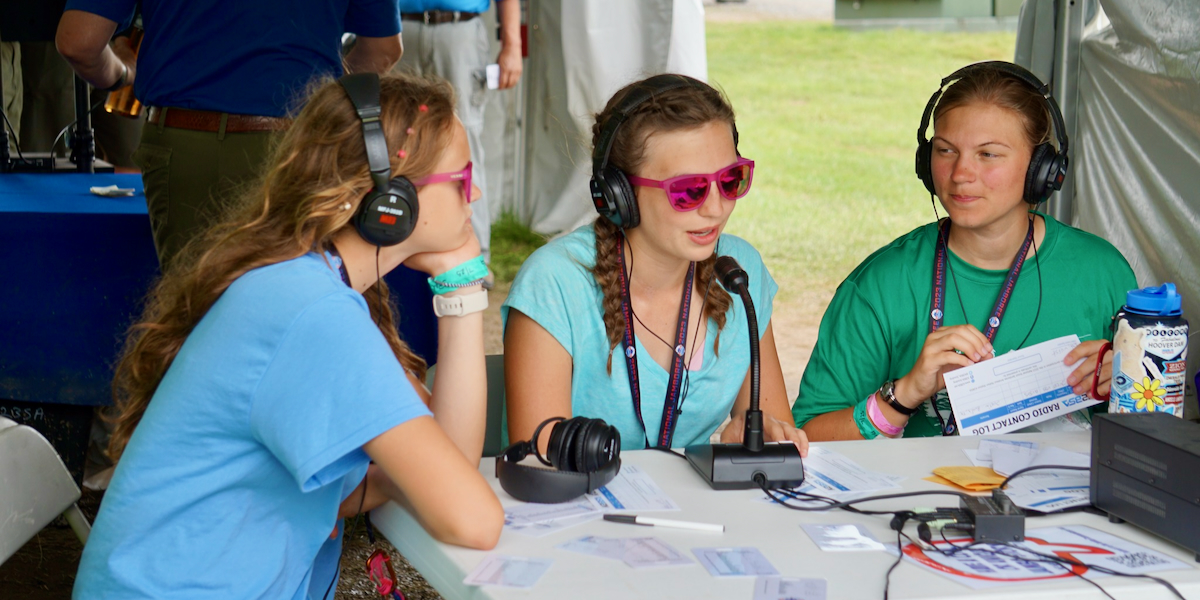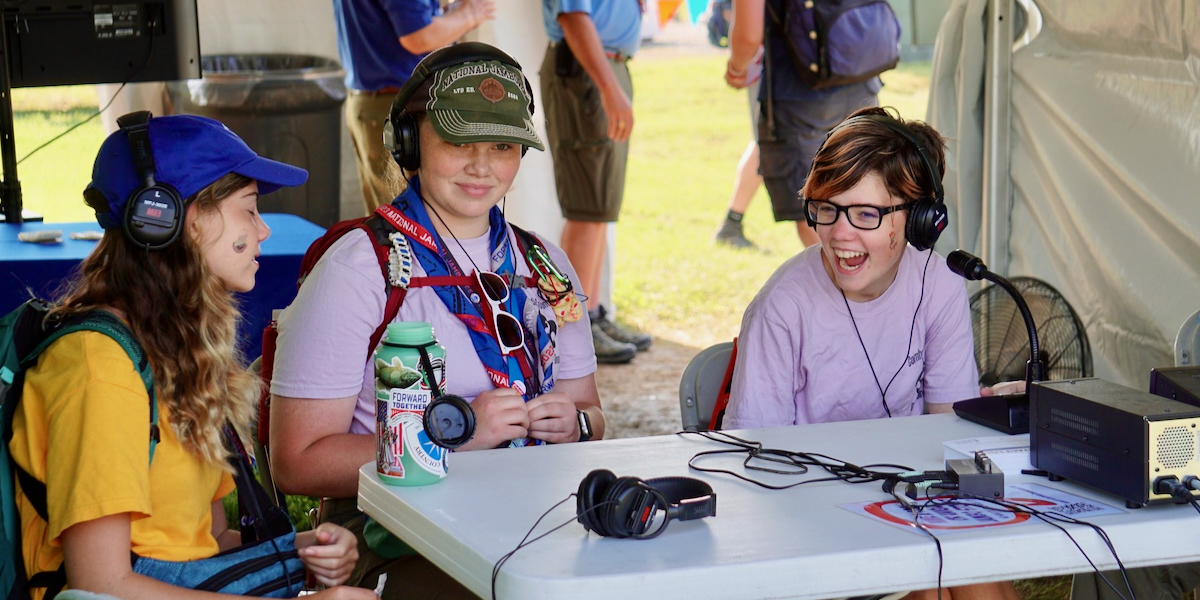Jamboree-on-the-Air is the third weekend in October every year. Wouldn’t it be great to extend that throughout the year? Add some awards for motivation, a key part of the Scouting program, and you have Scout Camps on the Air (SCOTA) and Scout Stations on the Air (SSOTA).
This awards program is the perfect way to add amateur radio to your den, pack, troop, or crew events. So, what’s it all about?
Scout Camps on the Air Award
SCOTA is an annual award program with the purpose of encouraging licensed radio amateurs to make two-way contacts with Scout Camps. A Scout Camp must be activated by registered Scouts and leaders. The Scout Camp must also be within the camp station or the boundaries of the Scout camp area.
SSOTA follows the same award program but is for stations operating from a Scout event that is outside the official Scout Camp.
Points are awarded for each amateur radio contact or QSO. The points system ranges from 4 points for contacting a Scout Station, such as a JOTA event, up to 10 points for contacting a World Jamboree station.
Reading 50 points, with at least 25 points from contacts with SCOTA council stations, qualifies for the SCOTA Award.
Quality Camp Station Award
Any BSA-owned Scout Camp with a SCOTA station can earn this annual award. There are silver and gold award levels. They require offering the Radio Merit Badge at summer camp, making camp-to-camp contacts, a station improvement project, and participation in Jamboree on the Air.
Quality Scout Station Award
SSOTA is also an annual award program designed to encourage building and improving a Radio Scouter’s station and on-the-air contacts with Scout Camp stations. And, of course, there are silver- and gold-level awards that require improvement projects and contacts with SCOTA and JOTA stations.
Learn more by choosing the menu items above.

